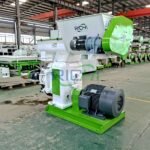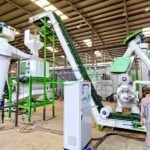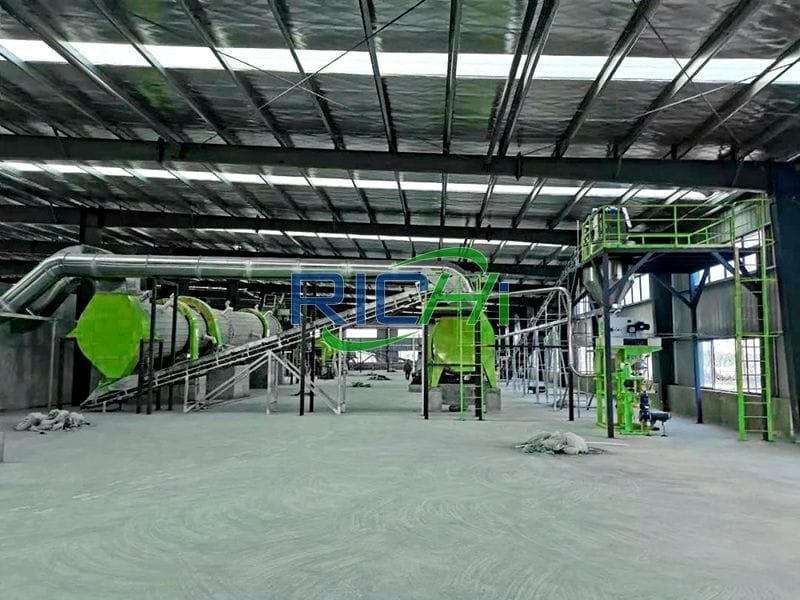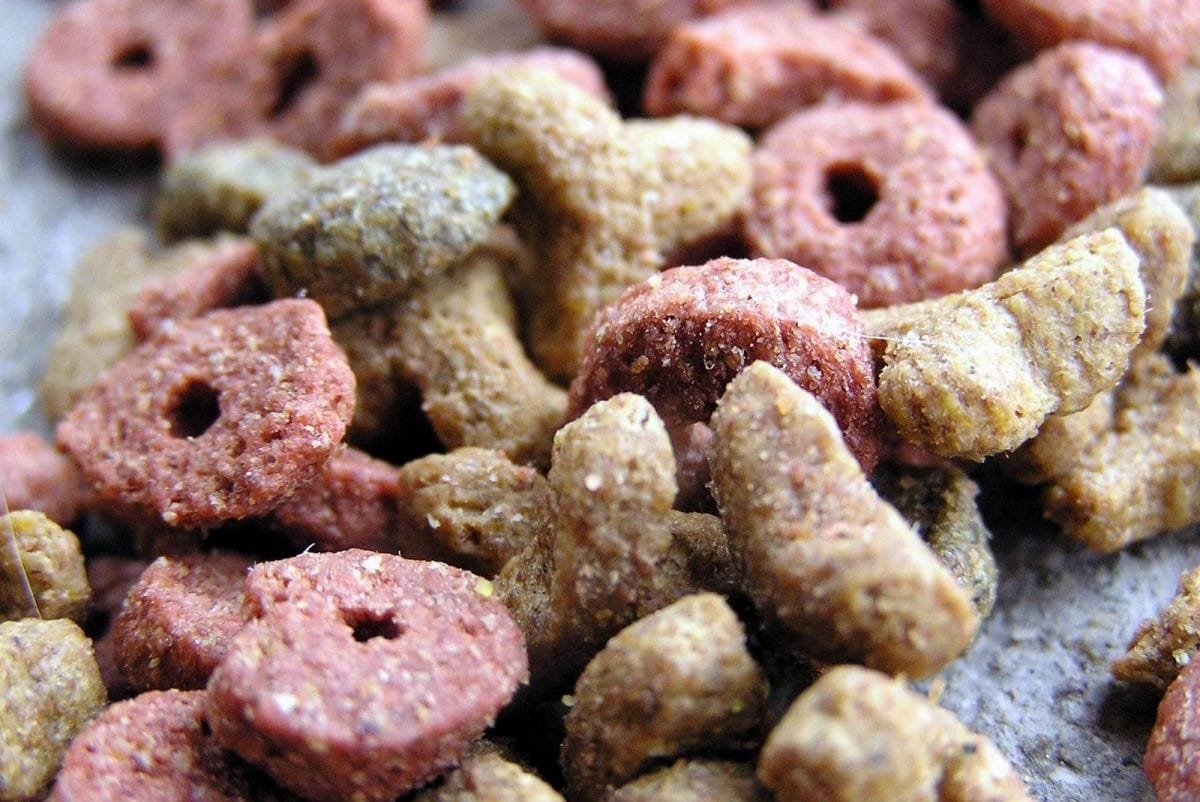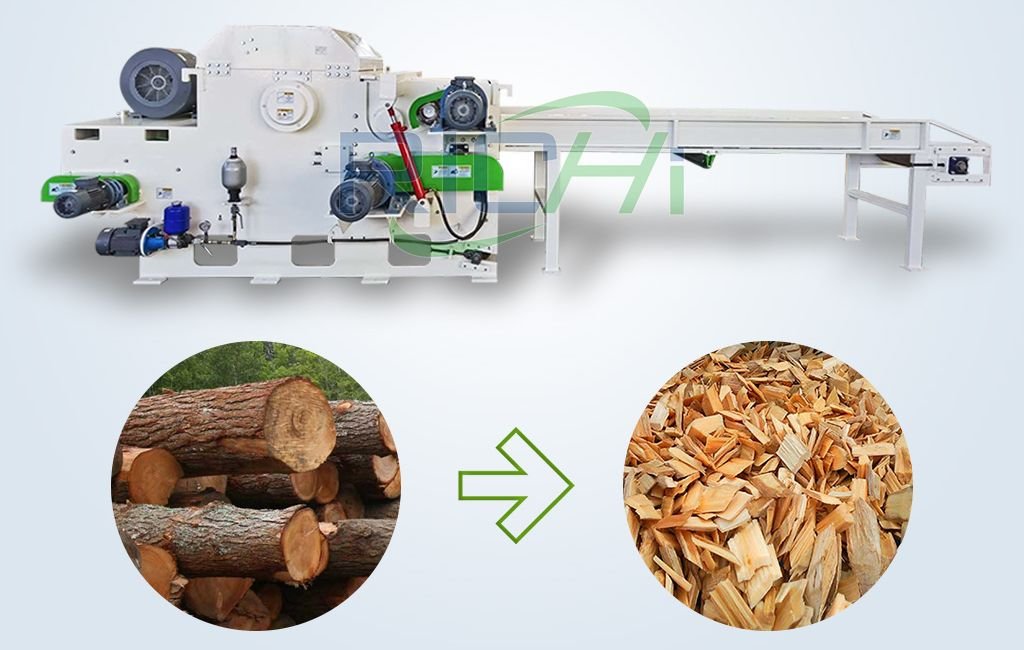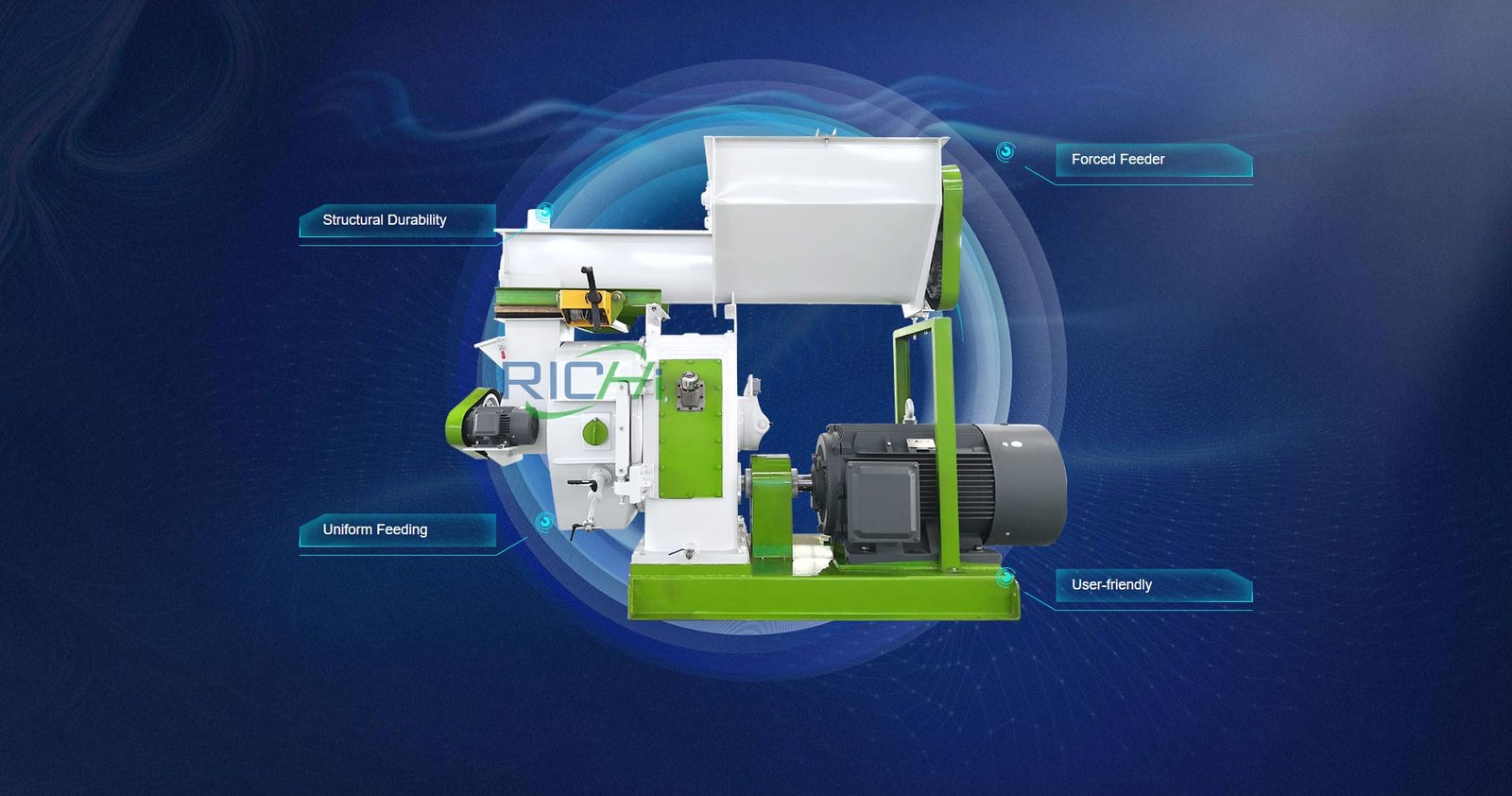The integration of biomass materials into the production of organic fertilizer pellets offers substantial environmental benefits, enhancing sustainable agricultural practices and effective waste management. This article delves into the primary environmental advantages of utilizing biomass in organic fertilizer pellet production.
Waste Reduction and Resource Recovery
One of the most significant environmental benefits of employing biomass in organic fertilizer pellets is waste reduction:
- Utilization of Agricultural Waste: Crop residues, including straw and stalks, which might otherwise be burned or left to decompose, can be converted into valuable fertilizer.
- Management of Forest Residues: By repurposing wood chips, sawdust, and other forestry by-products, waste generated in the timber industry can be effectively reduced.
- Recycling of Industrial By-products: Organic waste from food processing and other industries can be transformed into fertilizer, diverting it from landfills.
This waste reduction minimizes environmental pollution and promotes a circular economy, where waste from one process is repurposed as a resource for another. (Related post: organic fertilizer granulation machine)
Reduced Carbon Footprint
Biomass-based organic fertilizer pellets contribute to lowering the carbon footprint in various ways:
- Carbon Sequestration: When applied to soil, organic fertilizers aid in carbon sequestration, enhancing soil structure and reducing greenhouse gas emissions.
- Replacement of Fossil Fuels: Utilizing biomass waste as a raw material diminishes the reliance on fossil fuel-based fertilizers, resulting in lower overall carbon emissions in agriculture.
- Decreased Transportation Emissions: Biomass materials sourced locally often require less transportation compared to synthetic fertilizers, further reducing carbon emissions.
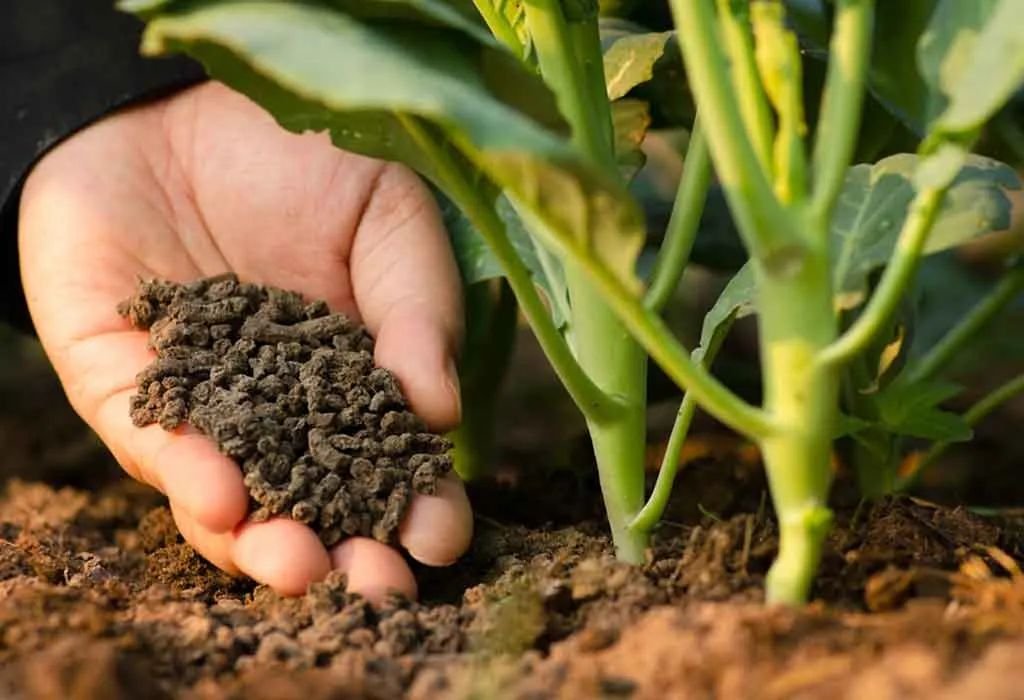
Improvement of Soil Health
The inclusion of biomass in organic fertilizer pellets significantly enhances soil health:
- Increase in Organic Matter: These pellets boost the organic matter content in the soil, enhancing its structure, water retention capacity, and overall fertility.
- Promotion of Microbial Activity: The organic components in biomass foster beneficial microbial activity in the soil, improving nutrient cycling and plant health.
- Prevention of Soil Erosion: The improved soil structure provided by organic fertilizers helps prevent erosion, preserving valuable topsoil. (Related post:chicken manure pellet machine for sale)
Water Conservation
Biomass-based organic fertilizer pellets also play a role in water conservation:
- Enhanced Water Retention: The organic matter in these fertilizers improves the soil’s ability to hold water, reducing the need for frequent irrigation.
- Reduced Water Pollution: Unlike synthetic fertilizers, organic pellets are less likely to leach into groundwater, thereby minimizing water pollution risks.
Support for Biodiversity
Using organic fertilizer pellets made from biomass promotes biodiversity:
- Habitat Preservation: By decreasing the reliance on chemical fertilizers, these pellets help protect natural habitats and wildlife.
- Enhancement of Soil Ecosystems: The diverse organic components in biomass support a rich soil ecosystem, benefiting various microorganisms and soil fauna.
Energy Efficiency in Production
The production of biomass-based organic fertilizer pellets can be more energy-efficient than synthetic fertilizers:
- Lower Processing Energy Requirements: The processing of biomass into organic fertilizer pellets generally requires less energy than the energy-intensive production of synthetic fertilizers.
- Potential Use of Renewable Energy: The production process may utilize renewable energy sources, further enhancing sustainability.
Decreased Chemical Dependency
By promoting organic fertilizers, biomass pellets help to lessen dependency on chemical inputs in agriculture:
- Reduced Chemical Runoff: With less reliance on chemical fertilizers, the risk of chemical runoff into water bodies is diminished, protecting aquatic ecosystems.
- Improved Food Safety: Organic fertilizers contribute to safer food production by minimizing chemical residues in crops.
Climate Change Mitigation
The use of biomass in organic fertilizer pellets aids in climate change mitigation:
- Lowered Methane Emissions: By diverting organic waste from landfills, where it would produce methane—a potent greenhouse gas—the production of these pellets helps mitigate climate change.
- Carbon-Neutral Cycle: The carbon released when biomass-based fertilizers decompose is part of the natural carbon cycle, in contrast to the additional carbon released from fossil fuel-based fertilizers.
Promotion of Sustainable Agriculture
Biomass-based organic fertilizer pellets align with sustainable agricultural practices:
- Encouragement of Closed-Loop Systems: They foster the development of closed-loop agricultural systems, minimizing waste and maximizing resource efficiency.
- Long-Term Soil Sustainability: By improving soil health over time, these fertilizers contribute to the long-term sustainability of agricultural lands.
Conclusion
The environmental benefits of using biomass materials in organic fertilizer pellet production are multifaceted and substantial. From reducing waste and minimizing carbon footprints to enhancing soil health and supporting biodiversity, these advantages closely align with global sustainability goals. As the world increasingly emphasizes environmentally friendly agricultural practices, the incorporation of biomass in organic fertilizer production represents a critical step toward more sustainable and eco-conscious farming methods.
By transforming potential waste into valuable soil amendments, this approach addresses waste management challenges while improving crop yields, reducing environmental pollution, and promoting long-term soil health. As research and technology in this field continue to evolve, we can anticipate even more innovative applications and environmental benefits from biomass in organic fertilizer production, further solidifying its role in sustainable agriculture and environmental conservation.
For details please contact: Pellet Machine
WhatsApp:86 138 3838 9622
Email:enquiry@richipelletmachine.com


